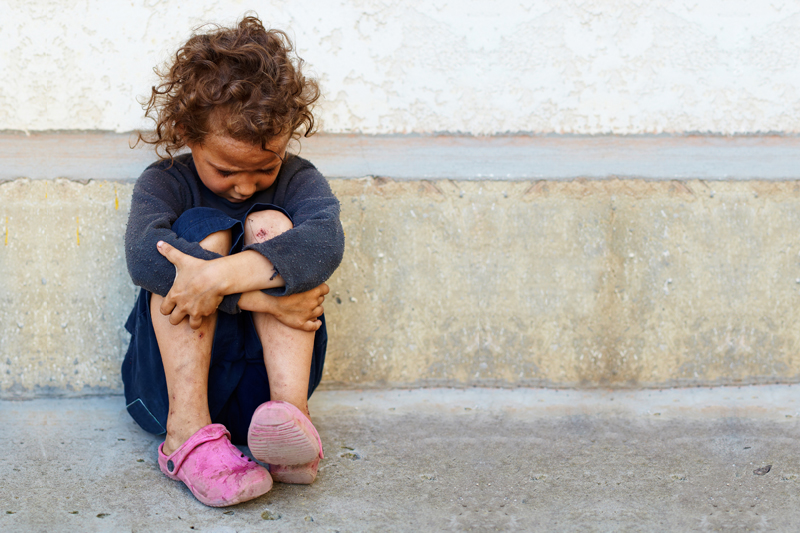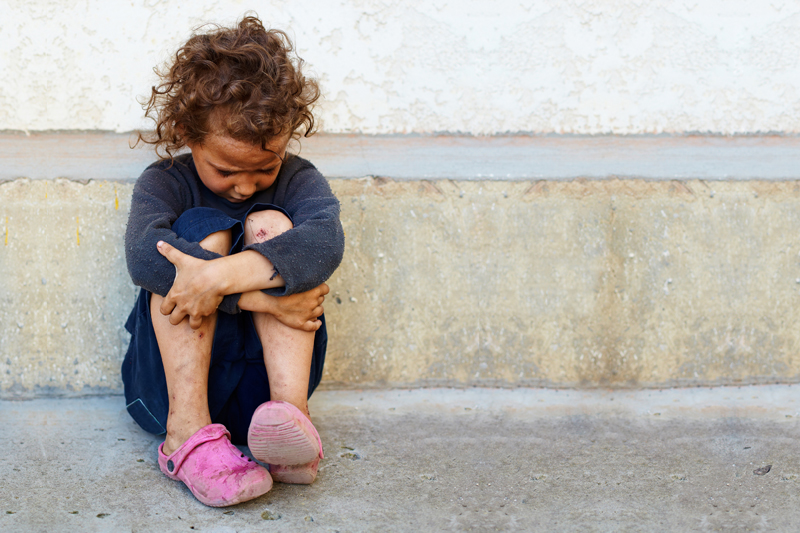Signs of Sexual Abuse or Red Flags

The reality is that most children who experience sexual abuse know the person who abuses them to some degree. The abuser may be a friend of the family, a direct relative, a coworker of the parent’s, a neighbor, a baby sitter, a coach, a parent, a clergy member, and the list goes on endlessly.
There are red flags that can serve as a warning that a relationship between an adult and a child is inappropriate? Here are some red flags to consider.
• If an adult shows, a sudden interest in your child (out of the blue)
• If an adult begins to visit the child frequently
• If an adult frequently offers to spend, time with a child or often takes the child to the store or to a movie
• If an adult tells, a child to keep a secret that is a definite red flag
• If an adult often buys a child gifts or gives money to a child for no reason
• If an adult manages to find ways to be alone with the child even after he or she is told to stay away from the child
• If a child becomes fearful of the dark or begins having night mares
• If a child suddenly is not hungry or has a sudden loss of appetite
• If a child becomes withdrawn around certain people
• If a child is suddenly fearful around a person, they use to like
• If a child regresses in behavior, for instance begins wetting the bed again or was potty trained but now is soiling their pants and fearful of the bathroom
• If a child constantly complains of their stomach hurting for no reason
• If a child begins to exhibit self-harming behaviors such as cutting or burning themselves
If a parent notices one or more of these red flags he or she should initiate a conversation with the child. Use open-ended questions. These questions require an answer other than yes or no, and tend to provide more information. If you are concerned that something has happened, STOP questioning your child. The next step is to contact the police department and the Children’s division notifying them as to what you believe is happening with your child. This may be the most important step you take to help your child.
The police and children’s division will have psychologists that can question the child and obtain information without biasing or tainting the answers. They receive specially trained to interview a child without leading them, and are qualified to testify in court about what they heard or observed. This is especially true in children less verbal who may act out what happened in play therapy.
No matter how much you suspect who the perpetrator is do not contact the person under any circumstances once you have involved the police. Now is the time to stay with your child and help him or her through the process at hand. Remember to listen carefully to what our children are trying to tell us.
As a parent, we are their primary advocate and protector. Never take the side of an adult until you have involved professionals to determine what really happened. Child predators are skillful at turning and twisting things around to place the blame on the child. It is NEVER the child’s fault. It is always the adult’s responsibility when there is sexual abuse of a child.
There are red flags that can serve as a warning that a relationship between an adult and a child is inappropriate? Here are some red flags to consider.
• If an adult shows, a sudden interest in your child (out of the blue)
• If an adult begins to visit the child frequently
• If an adult frequently offers to spend, time with a child or often takes the child to the store or to a movie
• If an adult tells, a child to keep a secret that is a definite red flag
• If an adult often buys a child gifts or gives money to a child for no reason
• If an adult manages to find ways to be alone with the child even after he or she is told to stay away from the child
• If a child becomes fearful of the dark or begins having night mares
• If a child suddenly is not hungry or has a sudden loss of appetite
• If a child becomes withdrawn around certain people
• If a child is suddenly fearful around a person, they use to like
• If a child regresses in behavior, for instance begins wetting the bed again or was potty trained but now is soiling their pants and fearful of the bathroom
• If a child constantly complains of their stomach hurting for no reason
• If a child begins to exhibit self-harming behaviors such as cutting or burning themselves
If a parent notices one or more of these red flags he or she should initiate a conversation with the child. Use open-ended questions. These questions require an answer other than yes or no, and tend to provide more information. If you are concerned that something has happened, STOP questioning your child. The next step is to contact the police department and the Children’s division notifying them as to what you believe is happening with your child. This may be the most important step you take to help your child.
The police and children’s division will have psychologists that can question the child and obtain information without biasing or tainting the answers. They receive specially trained to interview a child without leading them, and are qualified to testify in court about what they heard or observed. This is especially true in children less verbal who may act out what happened in play therapy.
No matter how much you suspect who the perpetrator is do not contact the person under any circumstances once you have involved the police. Now is the time to stay with your child and help him or her through the process at hand. Remember to listen carefully to what our children are trying to tell us.
As a parent, we are their primary advocate and protector. Never take the side of an adult until you have involved professionals to determine what really happened. Child predators are skillful at turning and twisting things around to place the blame on the child. It is NEVER the child’s fault. It is always the adult’s responsibility when there is sexual abuse of a child.

Related Articles
Editor's Picks Articles
Top Ten Articles
Previous Features
Site Map
Content copyright © 2023 by Erika Lyn Smith. All rights reserved.
This content was written by Erika Lyn Smith. If you wish to use this content in any manner, you need written permission. Contact Erika Lyn Smith for details.



